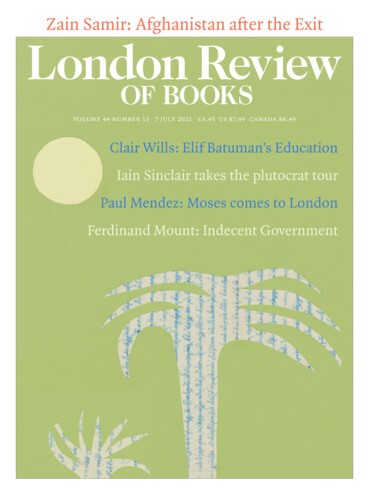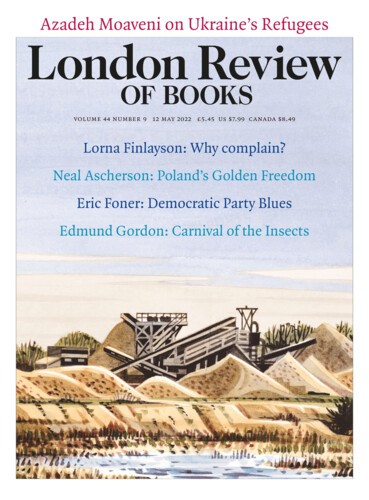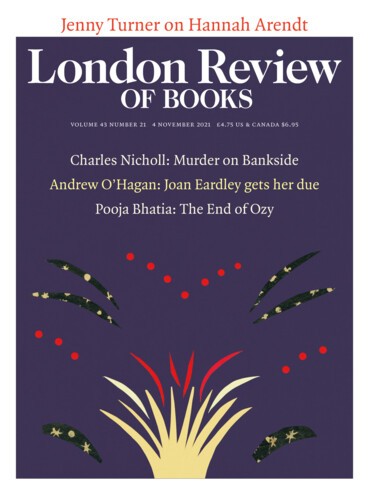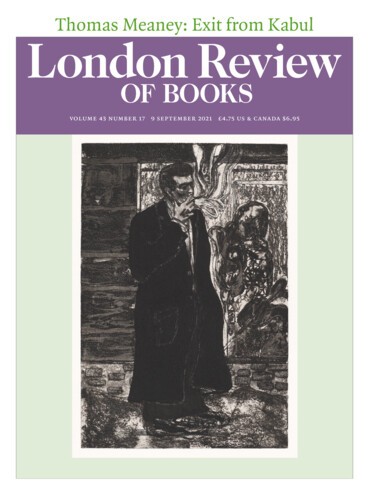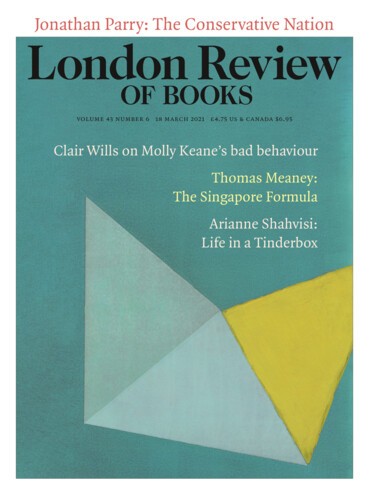Creamy Polished Globes: A.E. Coppard’s Stories
Blake Morrison, 7 July 2022
There is a terrific photo of A.E. Coppard on Brighton racecourse one Sunday morning in 1901. Dressed in running gear (white shorts, sleeveless vest, bare feet in leather running shoes so thin they look more like ballet pumps), he’s down on his haunches, leaning forward, waiting for the starting gun. There are no competing runners nearby; he was obviously posing for the camera. But the...
